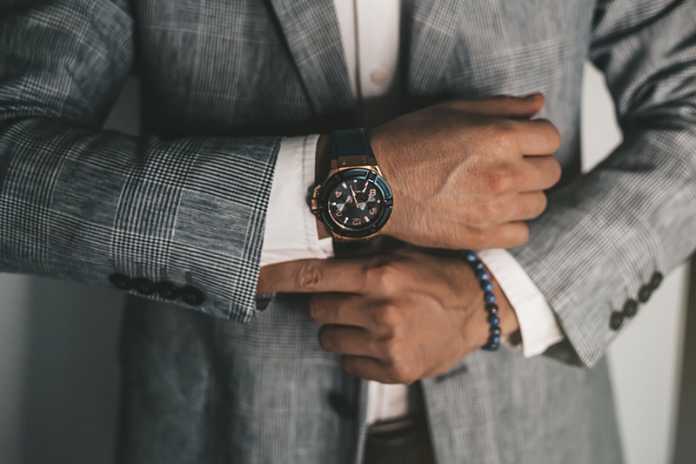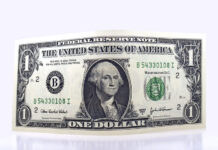Apart from stocks, precious metals, and other assets, some people choose to invest in valuable fashion items like high-end watches. The good thing about them is that collectors can wear them, but this doesn’t affect their worth. In truth, as long as they’re well preserved, timepieces can be resold for a higher price.
However, besides owners who purchase watches to add to their collection, others get these valuable possessions through inheritance. If you’ve got a timepiece that has been passed down for several generations, you may be holding an asset worth some good money.
How To Evaluate Your Watch’s Value
When looking to resell a watch, owners who had previously bought the asset can have a good starting point in determining its value. Often, they start at the purchase price and the brand of the timepiece. After that, the other steps can be easier for them.
However, if you inherited your watch instead and are looking to sell it, you might not know where to start. In most cases, older timepieces may have brand names that aren’t famous in the market today. Additionally, you may also not know how much the original owner bought it for. As a result, determining your watch’s value might be a more challenging task.
For most people looking to sell a timepiece, their first step is to visit a local jeweler near them. However, this must be a professional who has been in the business for several years. From their experience, they’d be able to provide an accurate estimate of a watch’s price in the current market. In contrast, other individuals prefer internet appraisers. Usually, these dealers own online platforms like this site or others. These appraisers can help people identify the worth of their watches based on certain guidelines.
Besides determining your timepiece’s worth through a valuer, you can also identify how much it can go for in the current market by yourself. If you’d want to establish the cost of your asset by yourself, in this article, you’ll learn how to determine the value of your timepiece. Read on.
-
The Model
The first feature to check is your watch’s model. Usually, antiques from renowned brands are priced higher for their rarity. In addition, high-end timepieces tend to either maintain or increase their value over time. However, if you own a limited edition from a brand that sells luxurious pieces, your asset can be resold for a higher-than-average price. In contrast, watches whose popularity was short-lived might not be as valuable as they were when they came out. Therefore, you might not improve your finances from reselling it.
However, if you’ve got one with no brand name on it, you aren’t out of luck. First, check if there’s anything written on it. For instance, if you can find its year of manufacture, this information can be helpful. Next, get to a credible appraiser and enter your findings. Usually, most online appraisers allow you to start with only a few details like the watch’s case size, make, or year of production. In this case, filter your search by year, then look if any of the models provided match the one you have.
-
Its Age
In most cases, timepieces that have aged cosmetically might have a higher value than brand-new ones. It’s because natural deterioration adds character to your watch and gives it an authentic vintage appeal. However, to get a reasonable resale price, the timepiece must also be functional and in good physical condition.
Therefore, if your watch has a brown patina or a faded bezel, it’s properly working, and the exterior isn’t damaged, you might sell it for a reasonable price.
-
Its Condition
Your timepiece’s condition is another characteristic that could help you determine its worth. If you’ve properly maintained your watch over the years, then you may resell it at a reasonable price. However, if it has any physical or functional damages, its value may decrease.
Some of the things that may indicate a damaged exterior are scratches and dents. Also, if some important parts are missing or have been replaced, then the resale price might also decrease. In terms of functionality, valuers check if a timepiece is still working as the manufacturer intended. If the hands are moving smoothly and the clasp, case, crown, dial, and other parts are also working well, you might get a good amount for your watch. If otherwise, the resale price will not be as high.
Conclusion
Valuable watches don’t only improve your appearance but can also be valuable assets you can resell for good money later. However, before trading your timepiece, you must first identify its current market price. This measure will ensure you don’t sell it at a lower cost, reducing your potential earnings, or overprice it and discourage buyers.
That being so, establishing how much your asset is worth can be a challenging process. This is because several elements determine the value of a timepiece. However, the criteria in this article should provide you an idea how much your timepiece is worth—the model, age, and its physical and functional condition.
Disclaimer: This article contains sponsored marketing content. It is intended for promotional purposes and should not be considered as an endorsement or recommendation by our website. Readers are encouraged to conduct their own research and exercise their own judgment before making any decisions based on the information provided in this article.





































































